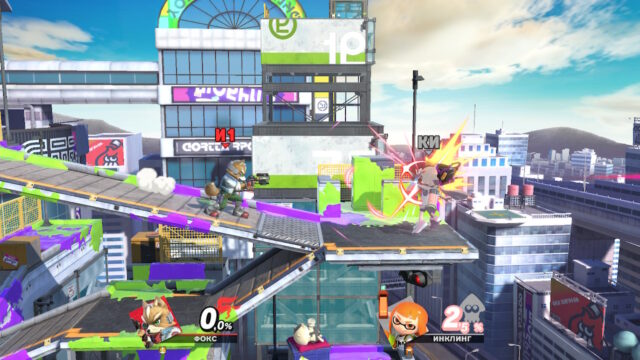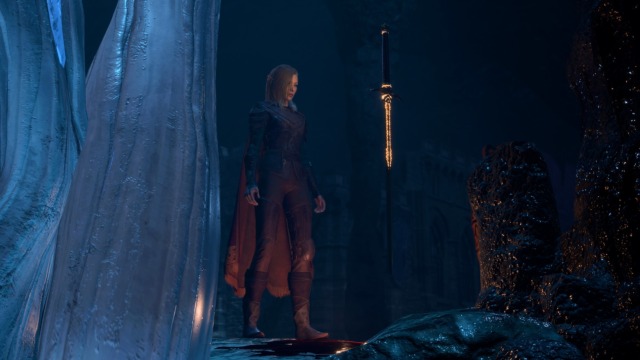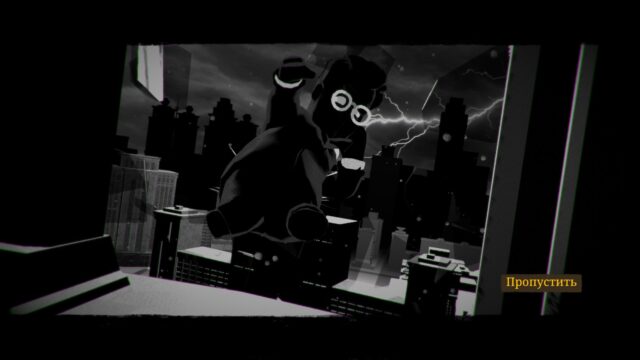Resident Evil HD Remaster Review
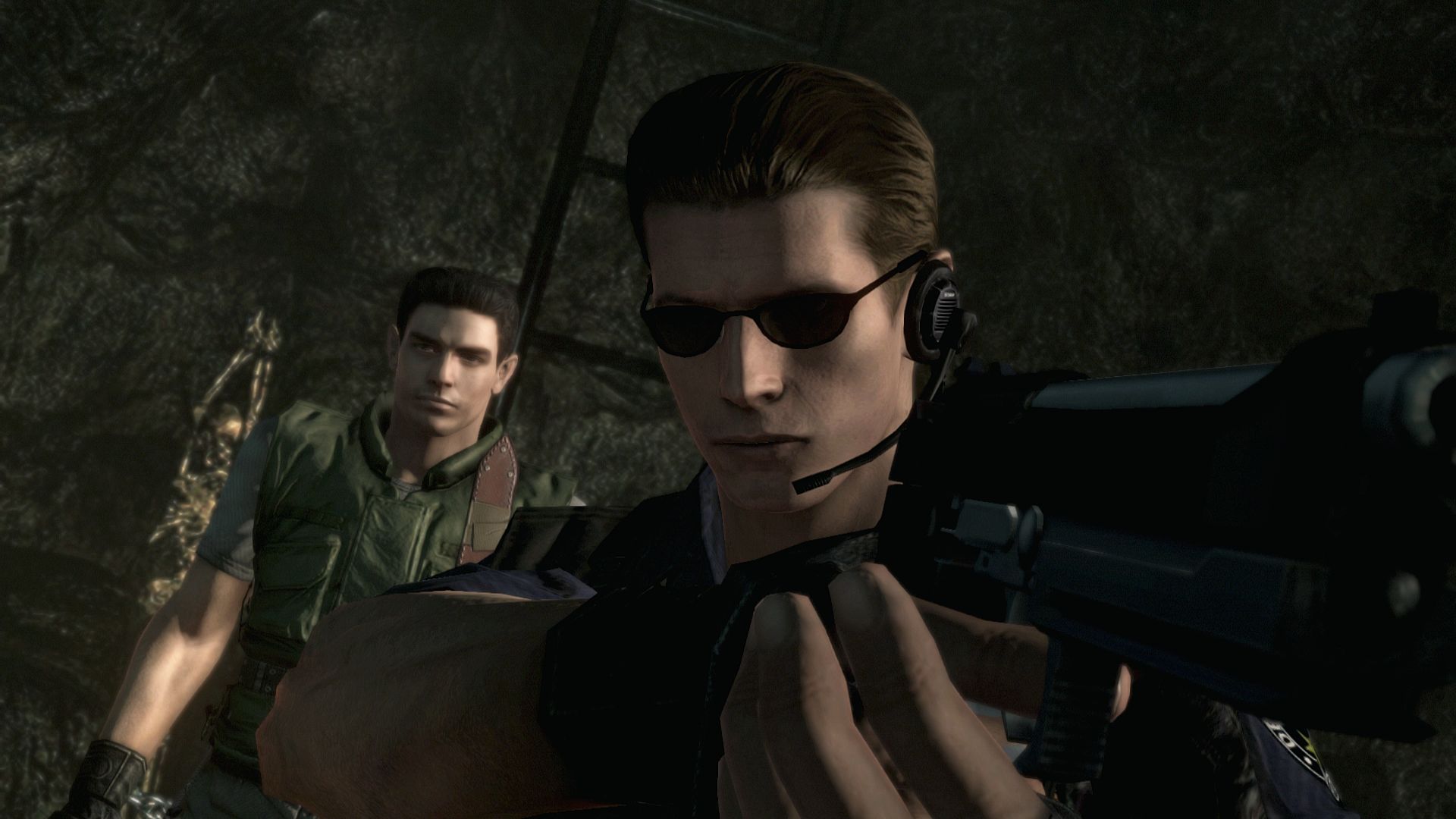
When talking about Resident Evil, there is a well-worn but very accurate formulation in the context – “the progenitor of survival horror”. There is no doubt that it was Shinji Mikami’s brainchild that set the rhythm and path of development for interactive horror games, and it doesn’t matter that the series itself is now withering away in the niche of mediocre Japanese games, being overshadowed by questionable trends in the industry. What is much more important is the legacy that has led to the success of many others.
Well, and the memory of the good old days, of course. Otherwise, there wouldn’t have been a remake of the very first “resident,” let alone remasters of the remake.
But, by God, it would be better if the memory remained just that.
Let’s not put the obvious in the back burner: Resident Evil is outdated. The standards of 1996 go against all modern trends, making it difficult to take seriously as a guest from the past. While any developer’s trickery used to work just fine before, now you notice absurd plot holes and irritating conventions in the same picture. No one does it like that anymore.
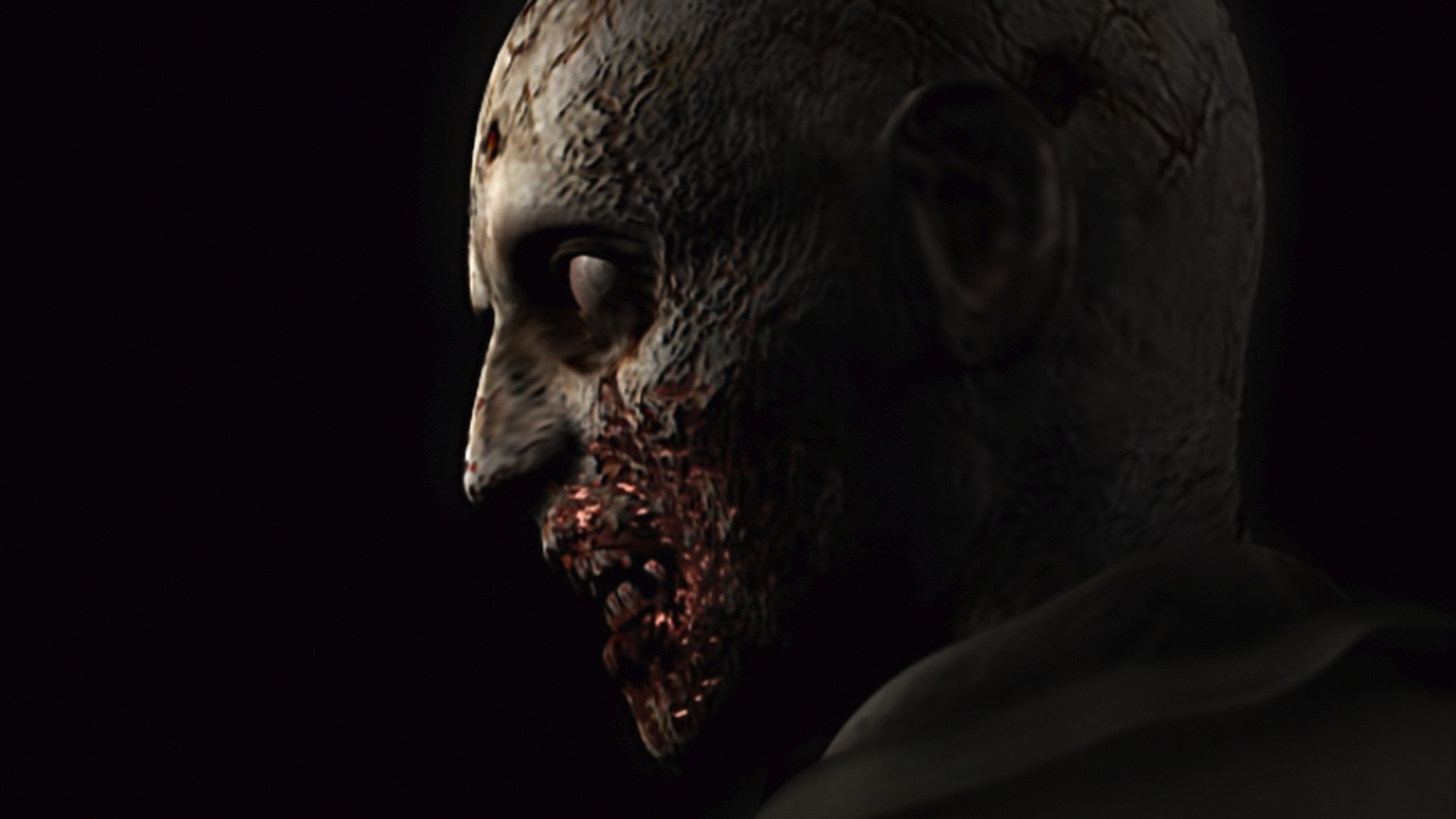
Truth be told, as you step over the massive threshold of the mansion where our special forces heroes were led in search of the missing team, you don’t feel it. It seems like everything is fine, the brave soldiers will soon split up – and the cult horror, mysterious and merciless, will begin. Already, the first zombie slowly turns its decaying face towards the camera, and a couple of knife swings later, it falls to the ground with a groan. And so the puzzles begin: one, two, three – the solutions are not yet too obvious, but guesses are already forming. The fixed camera and creaking doors in the corridors only add to the atmosphere of “just like back then.”
Only a little later, this measured horror adventure turns into a gathering of the oldest nightmares of game design. The inventory causes the most problems, as its slots are limited to a minimum. It wouldn’t be a big deal, but you can’t just drop extra weight – there are special places at the save points for that. Especially frustrating in such cases are the story items, for which separate slots are not allocated. Can’t fit an important key? Feel free to saw through the entire building to reach the coveted chest and then go back. Why is this bad? Well, at least because the shortest path will be blocked by that very key.
And those damn creaking doors…
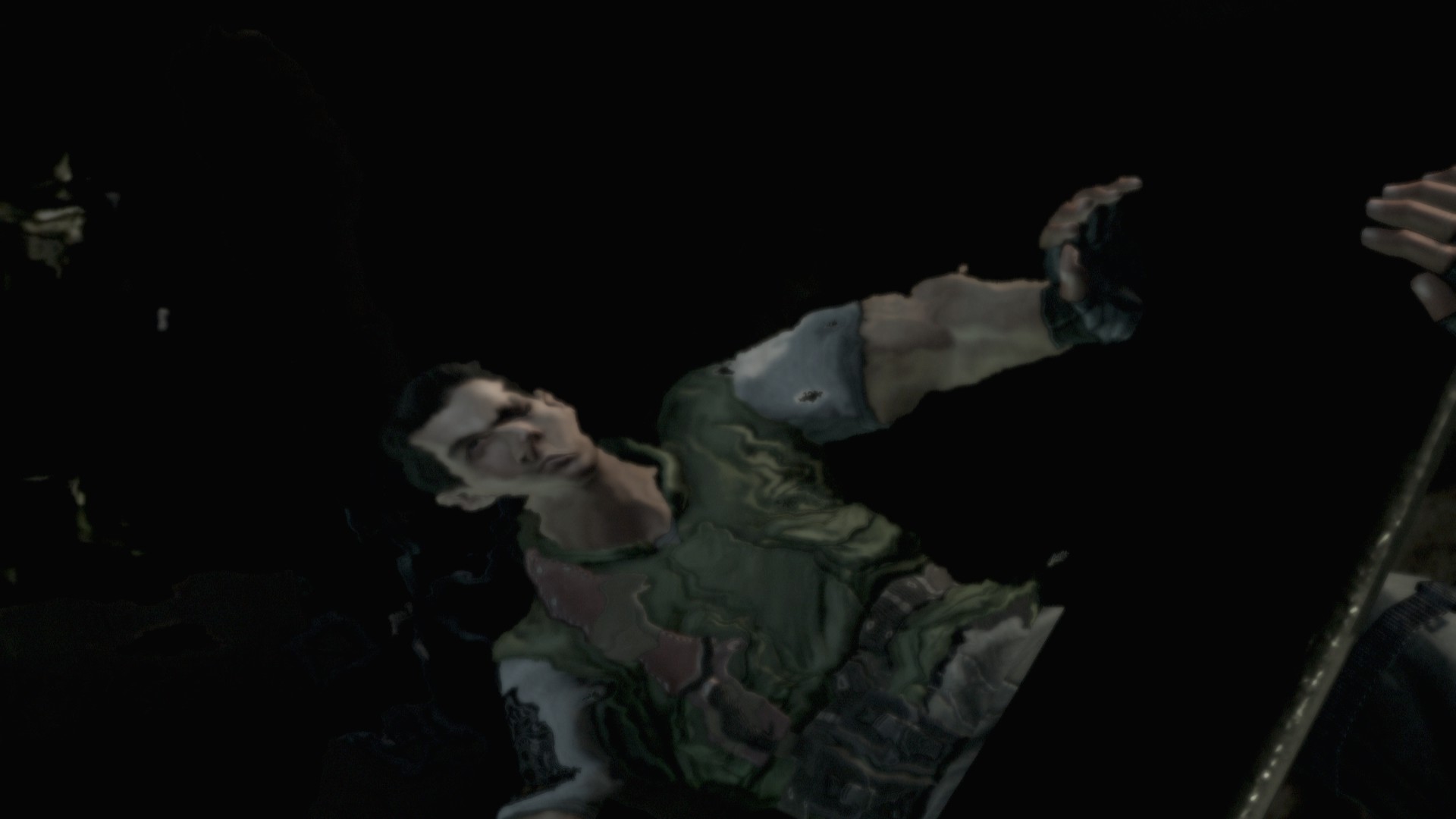
Chris Redfield is slightly saddened by his age.
This is where the pleasure of the game ends. The quest element is neutralized by endless runs through empty locations, and spontaneous “jump scares” only temporarily enliven what is happening. To make it interesting, you need a little more than a dog jumping out of a window, which took a good two hours to solve the puzzle. Needless to say, the plot develops lazily here, and the rare cutscenes are soon perceived as a reward for suffering.
Sometimes it happens that you can’t avoid a fight – then you have to reconcile with the local combat. It is, to put it mildly, inconvenient, so be prepared to clumsily maneuver between rare zombies, trying not to accidentally touch someone again. Believe me, you will want to fight and shoot here the least.
But all of the above is a modern perspective on things. If, however, it so happened that this is not your first visit to the ill-fated mansion, and the plan of the underground laboratory has been imprinted in your mind for years and years, then this grumbling is unlikely to be relevant to you. To truly understand Resident Evil, you had to play it in the mid-nineties. That’s who the remaster is clearly aimed at.
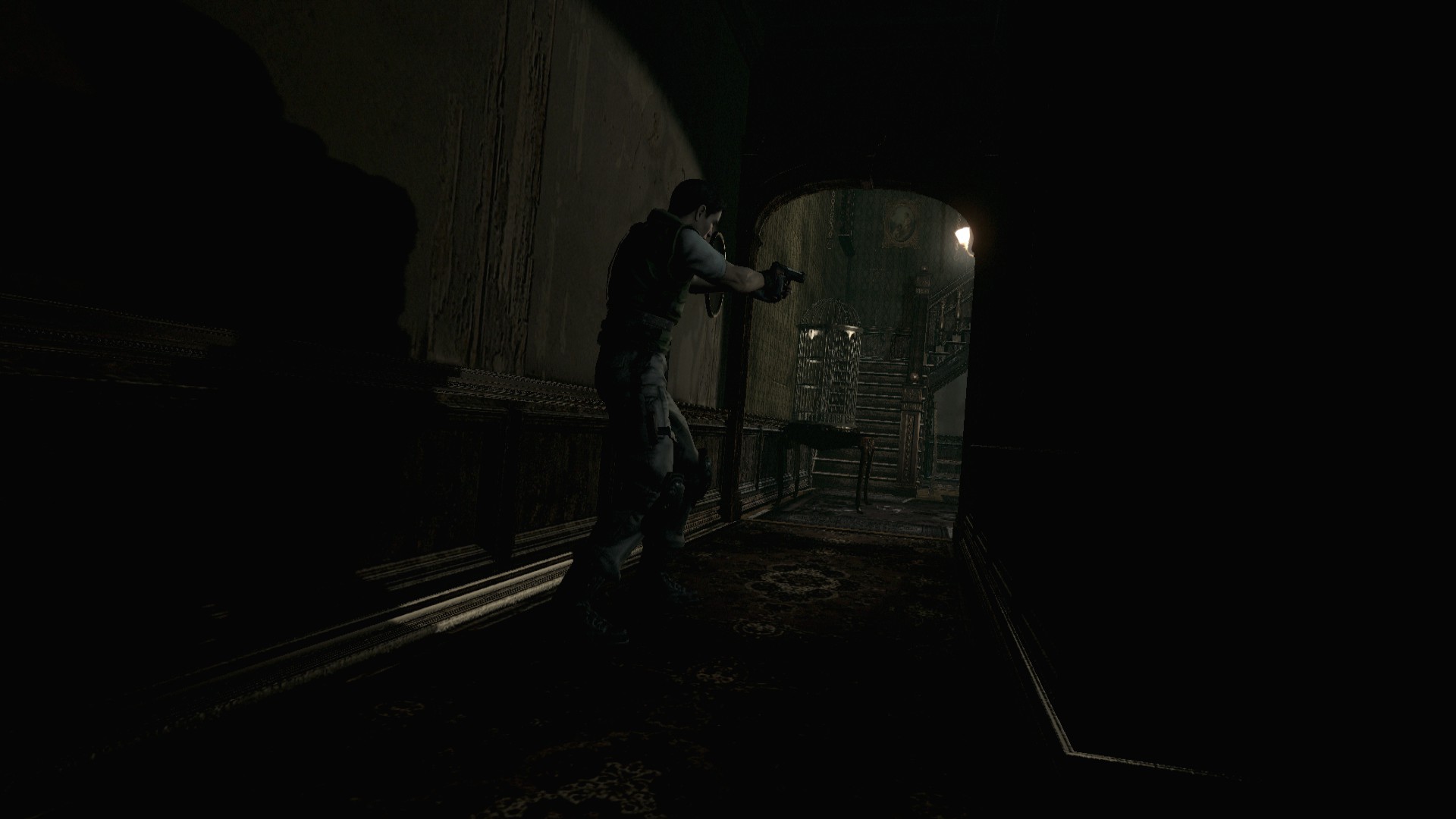
The reissue of the case is more promising. Most of the credit should go to the remake released in 2002 for GameCube, which is what we actually brought over. It gave the original game a new graphical wrapper and a bunch of other things that were noticeable only to the most devoted fans.
For example, the characters now have a special slot with disposable weapons for counterattacks, and defeated zombies should be burned as soon as possible so they don’t rise again. The resurrected enemies are a source of serious trouble due to their increased speed and attack power, so it’s better to take care of them in advance. It’s not to say that these are grandiose changes, but the monotonous gameplay formula in its updated form looks a bit more lively.
To keep even the old-timers of the mansion from getting bored, the layout has been significantly revised. Familiar corridors will delight with several new rooms and reworked old ones, changed puzzles, and a couple of unexpected plot details. And that’s not counting the usual set of game modes for the most hardcore fans.
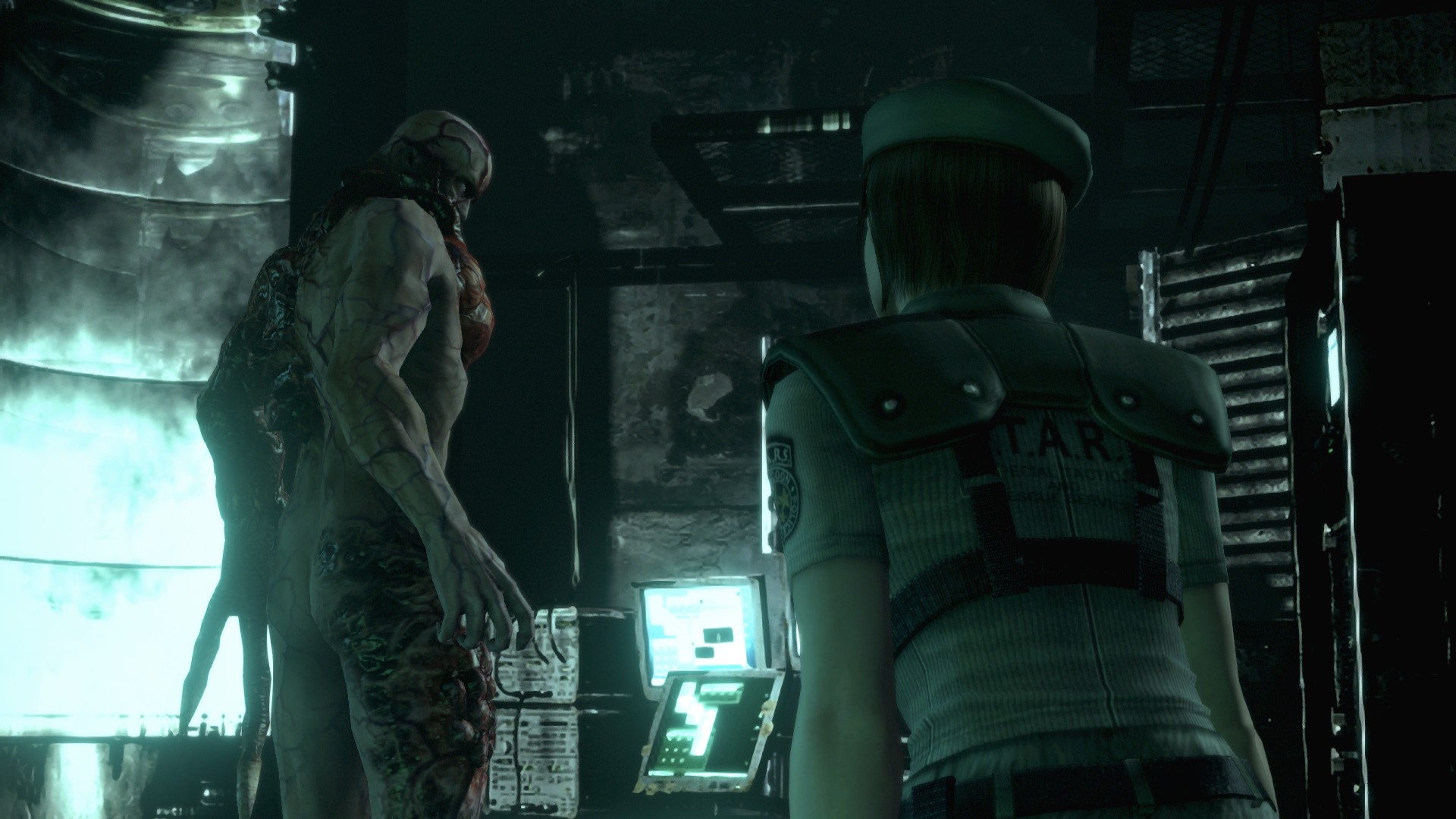
But the achievements of the remaster of all this goodness are quite modest. It is worth noting only the additional control option: old-school, of course, is good, but not many new players will like that the controlled special forces agent moves like a refrigerator. The alternative scheme successfully fixes this drawback.
In other respects, it is a typical HD version. The luxurious prerendered backgrounds from the 2002 version have seriously lost quality due to scaling (although they still look great, to be honest), the sound in the cutscenes constantly fluctuates and hardly ever matches the video, and for some people, the game lags horribly. It is worth mentioning the crashes separately: they happen rarely, but in the absence of checkpoints, an unfortunate accident can ruin an hour or two of wasted time.
I cannot recommend Resident Evil HD Remaster: the combination of a questionable remaster, an excellent remake, and a frail original will not appeal to everyone – the dependence on your gaming experience is too strong. Among those who are nostalgic for evenings with the PS1, the game will definitely receive the most positive response. For others, it is nothing more than a museum exhibit that commands respect but does not evoke any special emotions.
Share
Discuss
More Reviews
